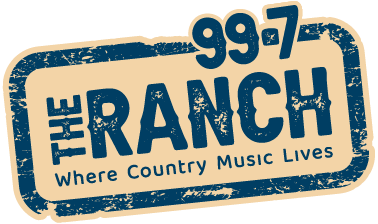In a recent session, Cold Lake’s council delved into the intricacies of secondary suites, addressing the hurdles and potential remedies associated with their development.
Andrew Jabs, the manager of Land Use Planning, Development, and Regulatory Services with the city of Cold Lake, provided comprehensive insights into the significance of secondary suites in augmenting the municipality’s housing inventory. At the April 16 Corporate Priorities meeting, Jabs elucidated that secondary suites, often known as basements, garages, or garden suites, offer a practical means to expand housing without subdividing and servicing new lots.
Despite their potential benefits, the development of secondary suites in Cold Lake has fluctuated over the years. Jabs identified several barriers to their development, including discretionary use classifications, lengthy approval timelines, and substantial construction costs ranging from $25,000 to $75,000.
To address these challenges, Jabs proposed various options, including amending the Land Use Bylaw to streamline approval processes, adjusting parking requirements, and offering financial incentives. The latter garnered significant attention, with suggestions ranging from waiving development fees to providing tax rebates and direct financial incentives of $5,000 to $7,500 per suite.
Council members expressed diverse perspectives on the proposed options. Councilor Vicki Lefebvre and Mayor Craig Copeland voiced support for offering incentives to promote secondary suites, particularly favoring the $5,000 incentive option. Lefebvre remarked, “I like the idea of having a secondary suite… I think they can serve a purpose within the area.” Mayor Copeland echoed this sentiment, stating, “Secondary suites may help offset the costs of a mortgage, which may make homeownership more attainable for residents.”
However, Councilor Ryan Bailey emphasized the importance of preserving the right to appeal for neighbors, citing concerns about potential impacts on parking and neighborhood dynamics. Bailey underscored, “I wasn’t too keen on taking the voice of the neighborhood away from having a possibility of appeal… Look, this can’t happen.”
Following deliberations, the council recommended to the administration the initiation of a $5,000 incentive program with a cap of $100,000. This decision reflects councils’ commitment to addressing housing challenges while balancing residents’ concerns and ensuring a robust appeal process.


